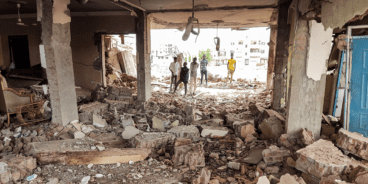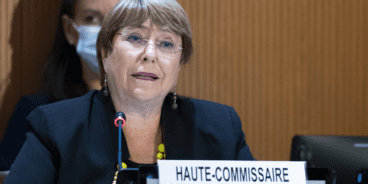
Notes for the Next UN Secretary-General
When António Guterres assumes his role as UN Secretary-General on 1 January 2017, he will become leader of an institution trying to maintain its relevance and improve its efficacy in a time of intense global crisis. With 65 million people currently displaced by war, persecution and atrocities, and with governments and armed extremist groups blatantly defying international humanitarian and human rights law, under Mr. Guterres’ leadership the UN will face immense challenges.
Abstract
The United Nations faces an existential crisis. The norms that bind and ‘safeguard humanity’ are currently under threat. The deliberate bombing of hospitals and the indiscriminate killing of civilians has become almost routine in Syria and several other conflicts. Numerous governments and murderous non-state actors (like isis or Boko Haram) are defying international humanitarian and human rights law. This article argues that the solution to the current global exigency and a central challenge facing the next Secretary-General is to achieve an equilibrium shift away from crisis response and towards conflict prevention. This is especially true with regard to preventing mass atrocity crimes (genocide, war crimes, crimes against humanity and ethnic cleansing). Historically, no single issue has done more to tarnish the reputation of the un than the failure to halt atrocities. Under a committed Secretary-General, the un has unique capacity to prevent these crimes.
This article by Dr. Simon Adams, Executive Director of the Global Centre for the Responsibility to Protect, argues that the solution to the current global exigency and a central challenge facing Secretary-General-elect Guterres is to achieve an equilibrium shift away from crisis response and towards conflict prevention.
This article will be published in the December 2016 issue of Global Responsibility to Protect journal.
